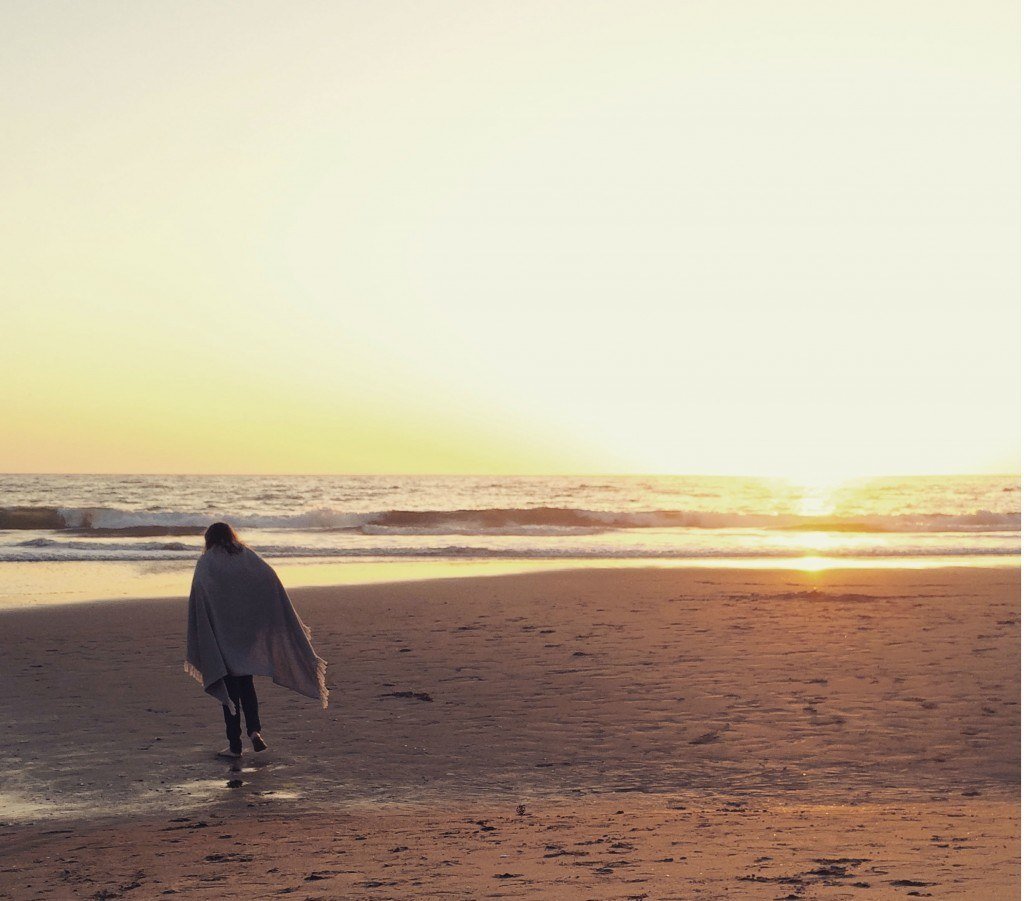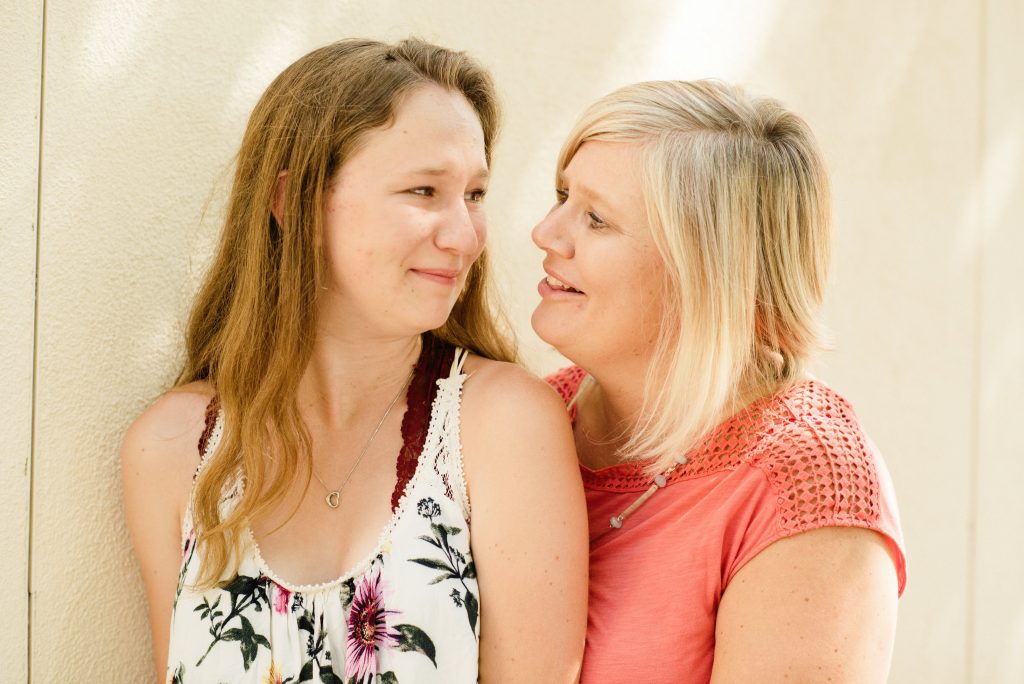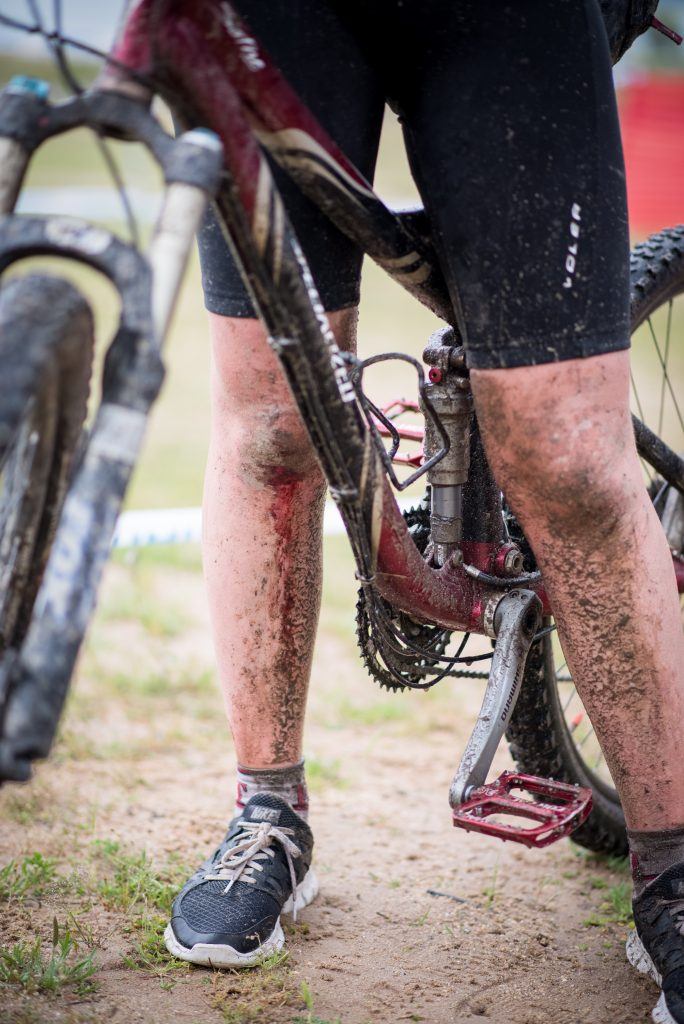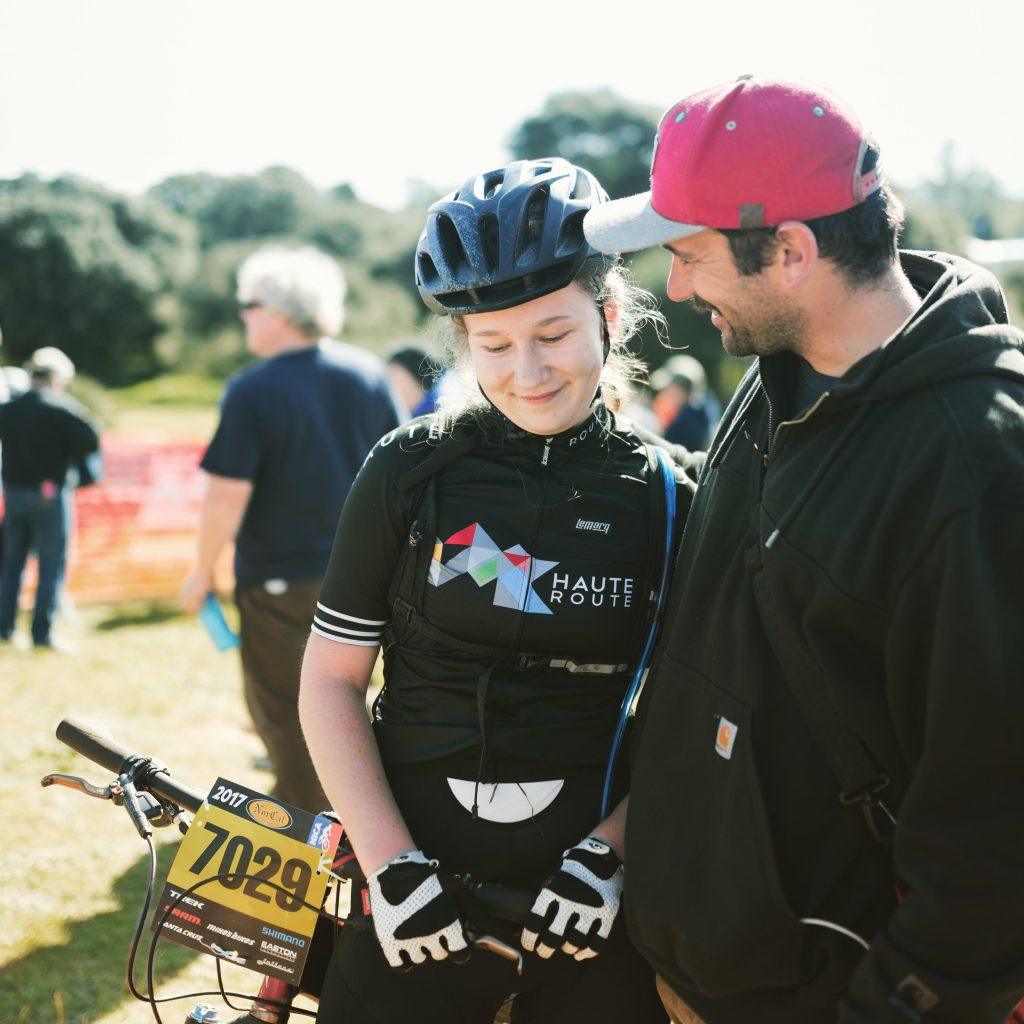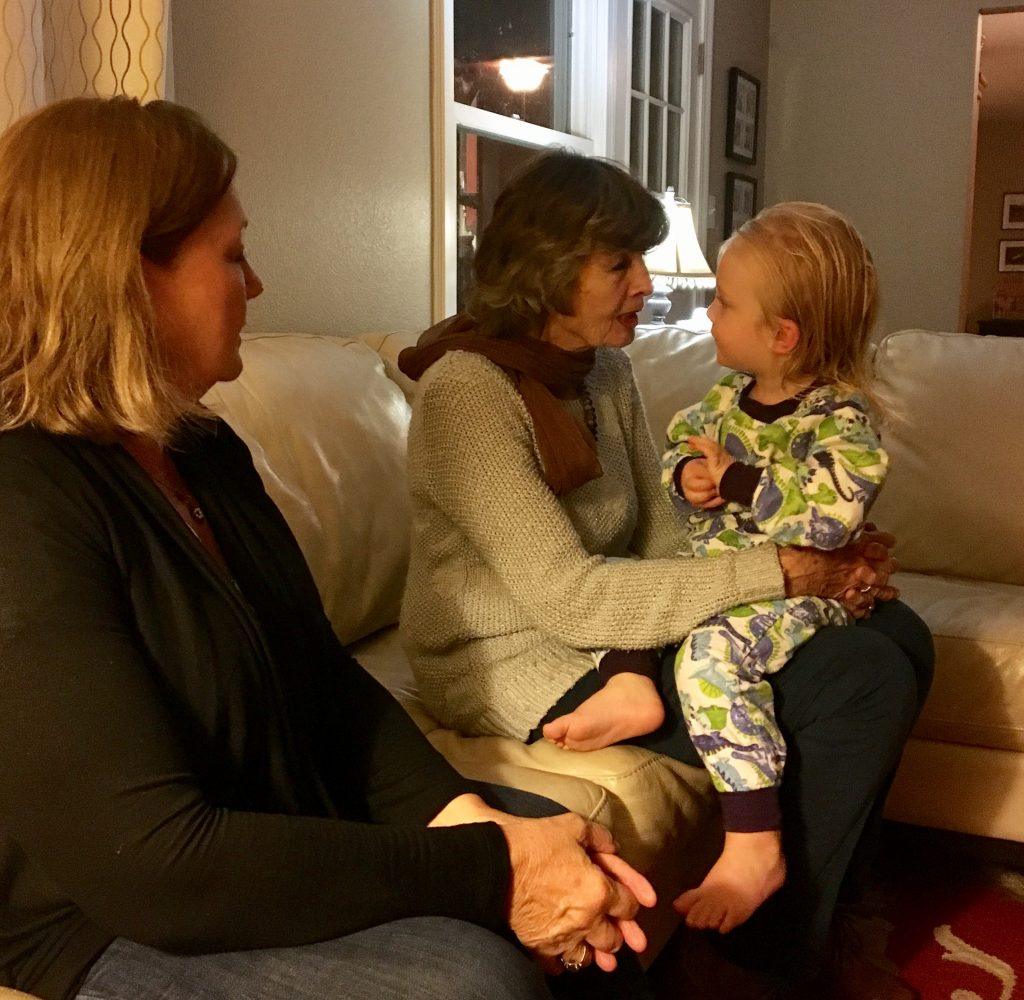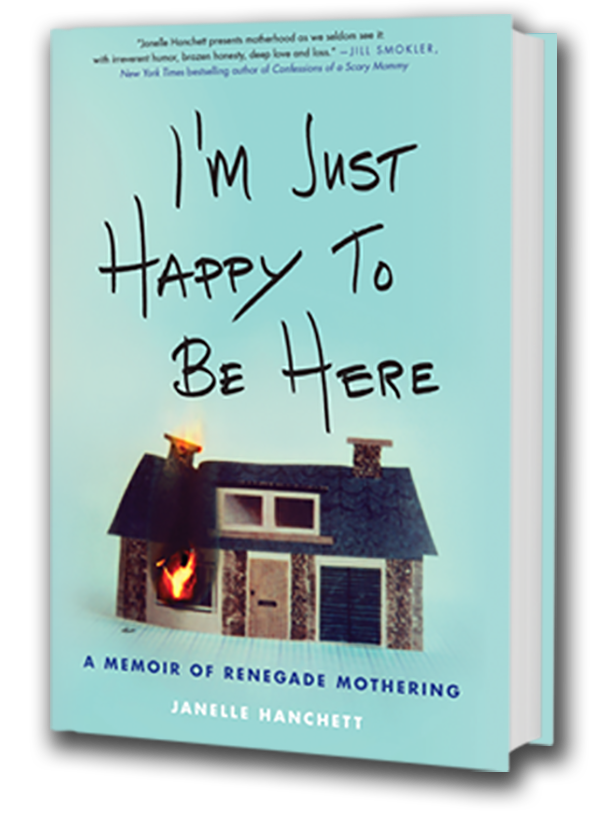Being a parent is a truly ridiculous task. Let’s think about this for a moment: Everyone is a jackass. Everyone has major, seemingly irreversible character flaws that land us in jail at worst, in hot water with other humans at best. Nobody knows what the fuck they’re doing, and then we’re handed a tiny human who the world has decided we are totally and completely responsible for turning into a sparkling gem of humanity.
And of course, this is mostly on mothers. Let’s be real. What do we say to asshole trolls online spewing nonsensical vitriol in grammatically incorrect comments?
“What? Did your mother not love you properly?”
Sure, we’re joking. But are we fucking joking?
What do we blame for men who rape? BAD MOTHERING. “Oh, he must have been abused by his mother.” “Oh, his mother must not have loved him and now he hates women.”
Kids who shoot up schools? Bad mothers.
Kids with bad manners? Bad mothers.
Overall, nondescript assholes? Bad mothers.
I asked my husband, and he can’t recall a time when he read in a men’s website, Instagram feed, or other male-dominated platform a meme in neutral colors saying something like, “Everything a child becomes is based on a mother’s love.”
I HAVE SEEN TWELVE IN THE LAST WEEK.
“Oh, fathers, it goes so fast. Enjoy every moment.”
“Hey Dads, you become the voices in your children’s heads.”
Nah, we just get excited when they bathe a baby or brush a kid’s hair – How devoted! How amazing!
Meanwhile, we shred mothers for not balancing work, the rearing of a child’s body, heart, and mind, household cleanliness and organization, no paid maternity leave, diminishing rights over our own bodies and increasing maternal death rates – we shred mothers for not doing all that with a goddamn smile in size 6 jeans.
Actually, size 6 is probably plus-sized among the ones who make those sorts of decisions.
Why the fuck is this all my job? And more importantly, when did we start believing we are cut out for such a thing anyway?
Today, I am tired of being the one who’s supposed to know. I am tired of being the one who can’t fuck up lest I ruin the inner children of my children, resulting in the type of people who yell at the checkout guy at Target because shit is priced too high.
I am tired of love not being enough. Of adoration and devotion and deep, deep longing for safety and serenity for my children – of that not erasing my penchant for yelling, impatience – and my indescribable need for solitude and silence.
I don’t know how to help all my kids. I don’t know how to surrender to my inability to help them.
I don’t know how to save them from themselves. I don’t know how to save them from me.
I look at their faces and I want the answers. I want to say just the right thing to set them free, and teach them truth, and help their little souls become what god or the universe meant for them to become. They feel like diamonds on loan from the cosmos. No, fuck diamonds.
Like planets that fit in my pocket.
Like whole universes and stars and gravity. Massive, ridiculous things.
And me, this tiny ball of bones and skin, standing before them and chattering on with nothing more than my own mistakes to guide them, my own fighting attempts for serenity, meaning, peace.
I know a few things. I know what honesty looks like. I know what the truth is. I know how to work hard and keep working even when you can’t. I know what loss is, what shattering grief feels like, and how fast people depart this earth.
I know what love is, that it’s built, not found, and I know we fuck it up, and hurt each other in spite of it.
I know it’s best never to leave angry. I know the fights are rarely worth it but we do it anyway. I know lasting friends are rare and sometimes, they leave too.
But I don’t know how to save my children from themselves, to wrap them in protection from their own demons, to show them how to see what their young eyes cannot yet see, what life may have to teach them through the serious of mistakes and gut-punches it offers.
And I’m tired. I’m tired of looking into myself to find just the right action, just the right words, the perfect ball of brilliance to illuminate, teach, and heal.
I’m tired of looking in and finding just me.
It’s too much, you know, what they expect of us. It’s too much to think we can do it. People pretend they can. I’ve noticed they generally have the most fucked up kids of all.
So here I am, kids. Your mother.
I think of my own mother. So desperately imperfect. So cracked in places I thought as a teenager would destroy me.
The other day I started a fight with her. I was a real asshole. The next day, I called, and she asked me out to lunch, and I cried actual tears when I said, “Yes, please, Mom. I want a do-over. I want to do that night again.” I felt like a child.
And she said, “Of course, honey.” And I thought I had never felt more loved than in that very moment.
I suppose at the last, that is what we mothers have for our children – the chance for a do-over, the chance to try again, to love through our sins, and theirs. To be loved in spite of them, even, and show up again, when nobody else does, until the tables turn and we are in their arms, asking for a final, meaningful goodbye.
Until then, we try.
I can’t always be the one who knows. I am not. But I can be the one to love you.
I’m here for the do-overs, kid. Take my hand.
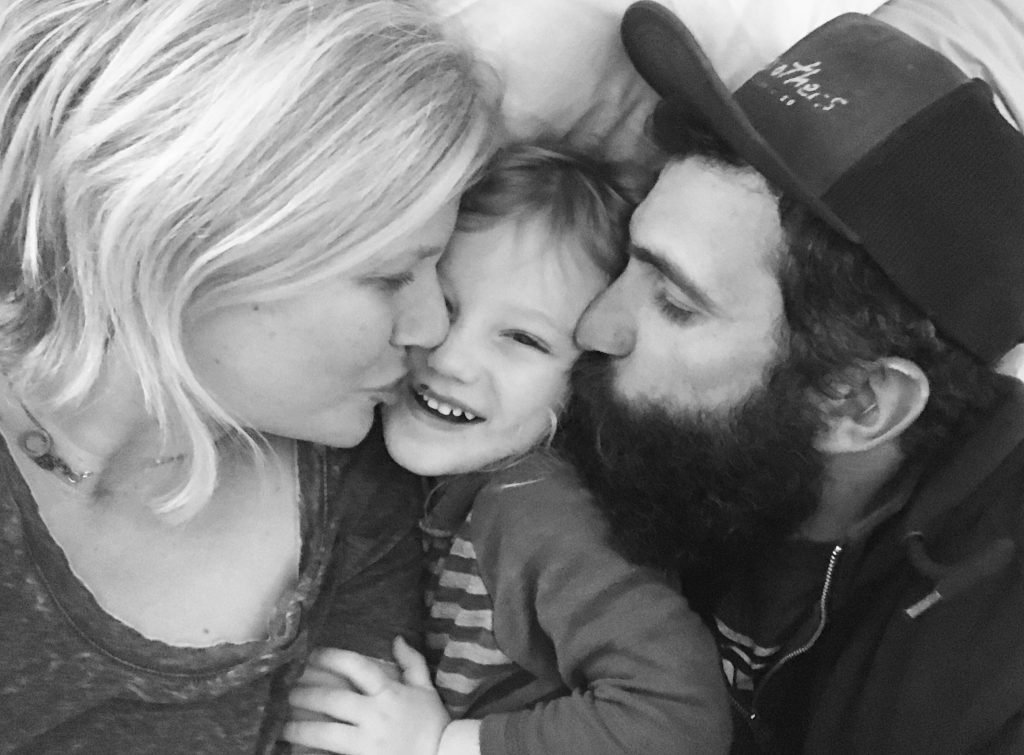
***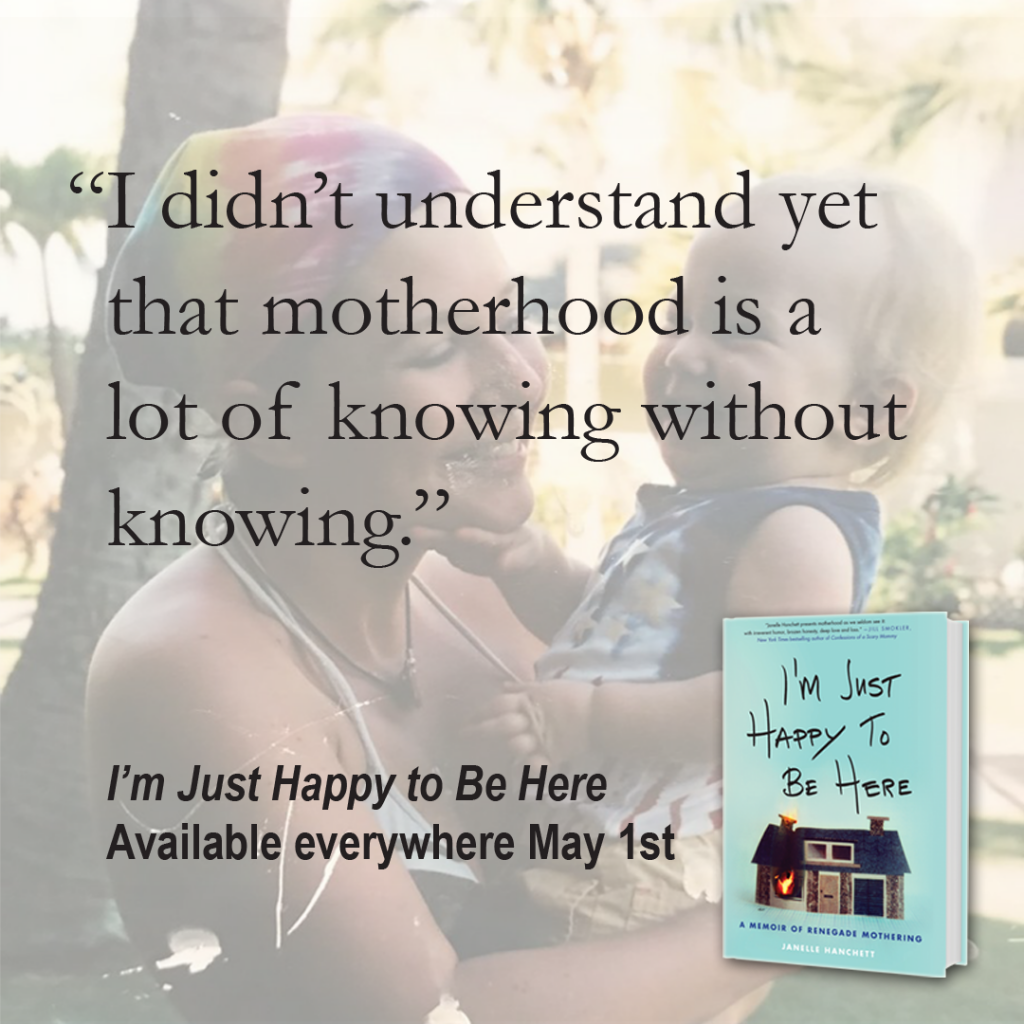
TWO WEEKS FROM TODAY, MY BOOK DROPS INTO THE WORLD!
Preorder it now to have it May 1.
And make sure you email me a copy of your confirmation so I can send you a cut chapter called “I Can’t Even Be Fat Correctly.” I think you’ll like it.



